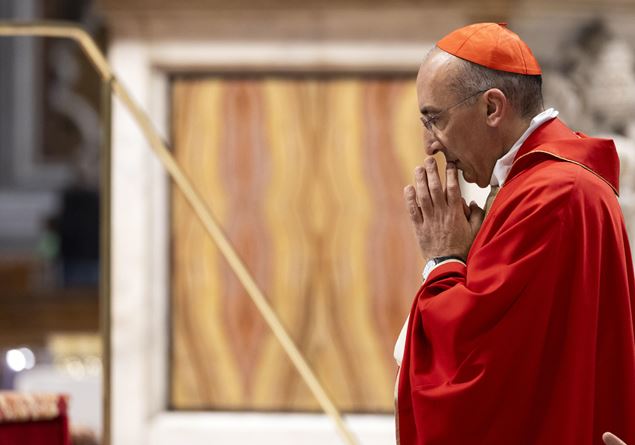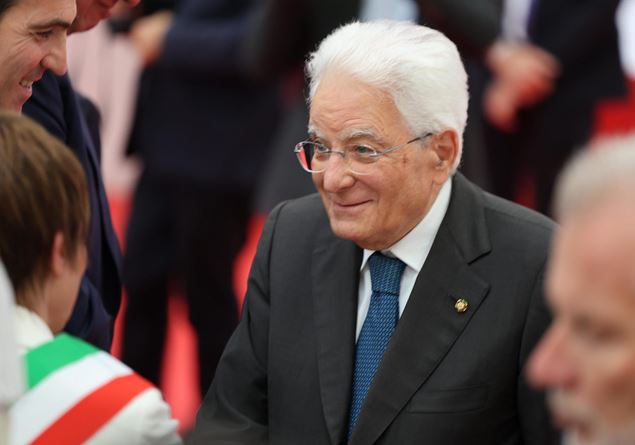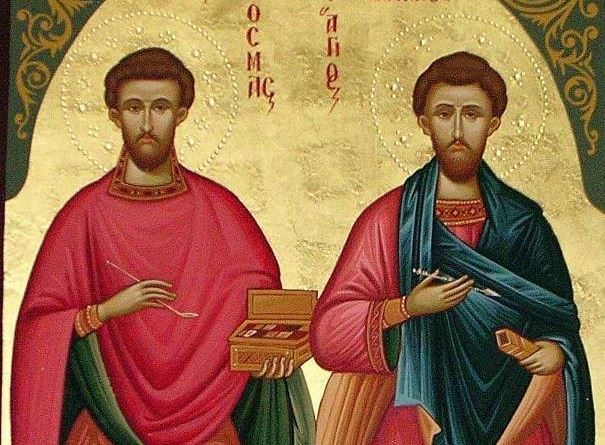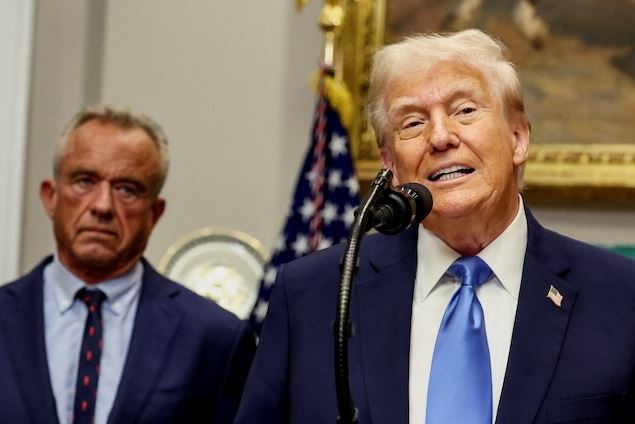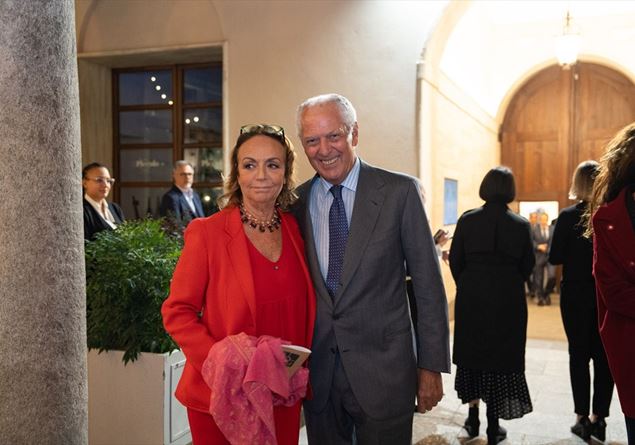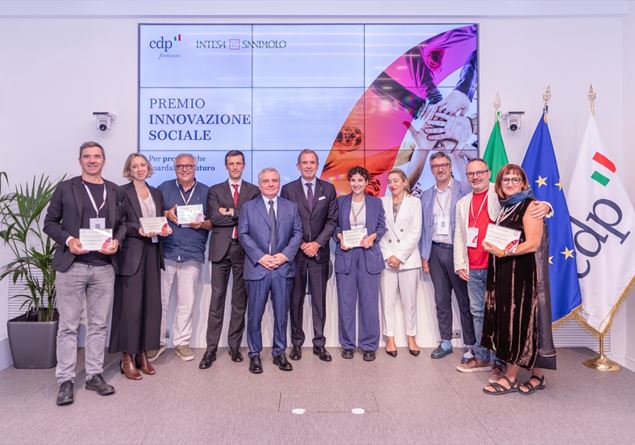The grace that the President of the Republic Mattarella granted Gabriele Finotello on Wednesday (here his story), guilty of having killed the violent father with hammer strokes to protect his mother and the relatives from the violence with which that man managed his presence, his power and family relationships, is a passage of great symbolic value, which in no way reduces the meaning of the crime and the penalty imposed on the man from the judicial process.
Can a prison killer be released after only four years from the very serious committed fact? Does the life of a violent man are less worth the life of a person who is not? Mattarella, with his offer of grace, does not enter into the merits of this question.
A assassination is an assassination and justice has condemned him as such, of course applying all the mitigating factors of the case. In a civilized country there is no use of a “do -it -yourself” private justice, a concept that we could apply to the author’s author who yesterday was “pardoned” by the intervention of the President of the Republic.
An intervention that made it possible to extinct the entire residual sentence to be expanded (equal to four years and three months of imprisonment) according to the “favorable opinions, formulated by the Prosecutor General and by the surveillance magistrate, the health conditions of the condemned and of the particular context in which the criminal episode matured, characterized by repeated acts of violence and threat by the victim towards their family”.
It is inside these reasons that Mattarella’s intervention must be read. In no way the grace granted “diminishes” the value of life taken away, to any person that life belongs. In the motivations of grace there is a broad look that evaluates the person as a whole: It is true that Gabriele Finotello has made the most serious action that a man can perform in life – the assassination – but the question to ask is if that mistake belongs to a wrong man.
The grace granted sinks its motivations in the awareness that that man in prison is not a wrong man. He has committed a serious mistake, but everything we know of him, of his past and his present, today claims the grace of forgiveness.
It seems to me that Mattarella’s intervention corresponds, in evangelical terms, to the intervention of the father in the parable of the prodigal son: a father who does not use the gaze of the law, but the gaze of the heart to rehabilitate a son who reappears before him, aware of his mistake. What should a good father do in front of a son who was wrong? The error is not erased, but the loving gaze of the father and his forgiveness serve to rehabilitate not a single wrong gesture but a whole life that still has a lot to give and who has used “the law of the cutting” precisely because he learned it from a father unable to educate to a competent “law of life”.
It seems to me that this grace represents uThe enormous message for us men, in particular for us fathers, responsible for an education towards the children who must be free from any form of violence.
If you Father want to educate your Son to peace, respect and non -violence towards others, you first you must be able to all this towards your child. Gabriele Finotello had had a father who did not know how to do this with him.
Yesterday, Gabriele had a sort of second symbolic father who gave him the true sense and meaning of two keywords in the life of each human being: forgiveness and paternity.

